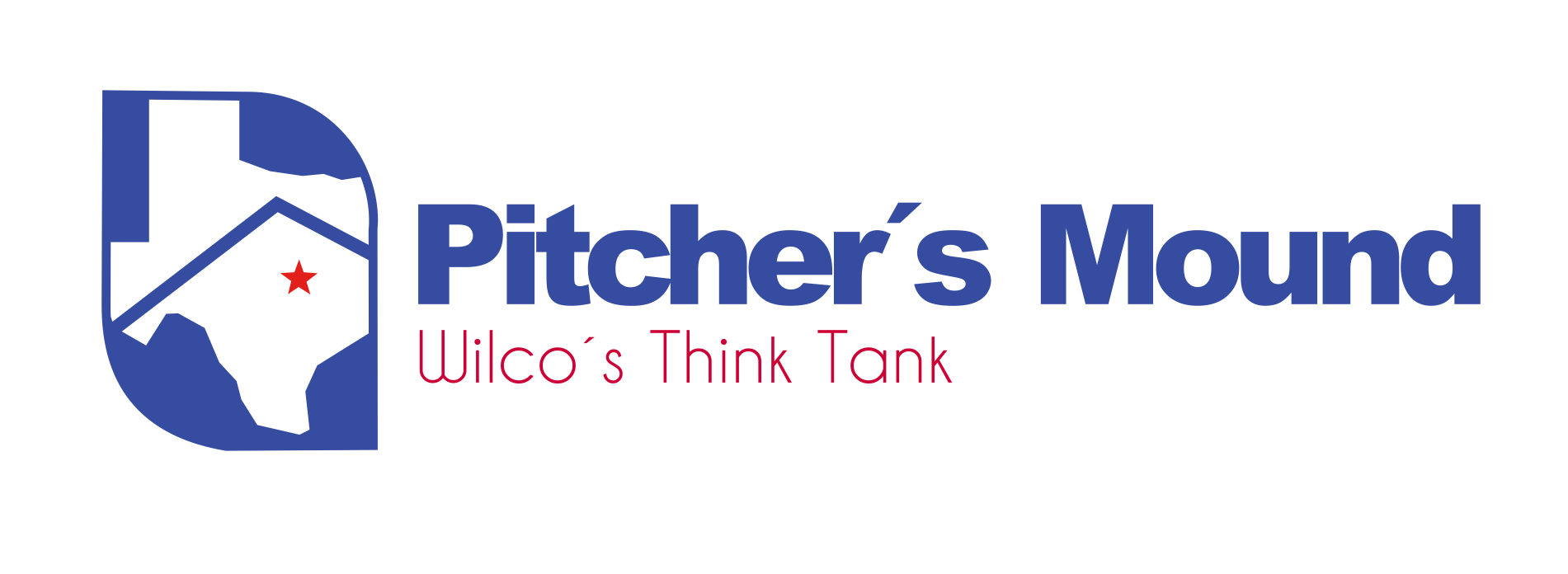What Taxes Do You Pay in Texas? Williamson County Specifically? A Quick Primer
- Matt Pitcher

- Aug 11, 2025
- 3 min read
Updated: Aug 24, 2025

Texas is known for being one of the most tax-friendly states in the U.S. because it does not have a state income tax. However, Texas still imposes various other taxes on businesses, homeowners, and consumers to generate revenue.
This guide provides a complete breakdown of Texas taxes, including sales tax, property tax, franchise tax, and other state-imposed levies.
1. Does Texas Have a State Income Tax?
No, Texas does not have a personal or corporate state income tax. This means: Individuals do not pay state tax on wages, salaries, or retirement income. Businesses do not pay a corporate income tax. Instead, Texas generates revenue through sales taxes, property taxes, and business taxes.
2. What Taxes Do Individuals Pay in Texas?
Sales Tax State Sales Tax Rate: 6.25%
Local Sales Tax Rate: Can add up to 2%, making the maximum total 8.25%
What’s Taxed? Most goods and services, including clothing, electronics, and dining. Exemptions: Groceries, prescription drugs, and medical equipment are exempt. Texas Tax-Free Weekend allows tax-free shopping on eligible items annually.
Property Tax
Texas has one of the highest property tax rates in the U.S., averaging 1.6%. Property taxes vary by county and city and fund schools, police, and public services.
Ways to Lower Property Tax: Apply for a homestead exemption (reduces taxable property value). Check eligibility for senior citizen, veteran, or disability exemptions.
Gasoline Tax
$0.20 per gallon on gasoline and diesel fuel.
Vehicle Registration Fees $50 – $80 annually, depending on the type of vehicle.
3. What Taxes Do Businesses Pay in Texas?
Texas Franchise Tax
A gross receipts tax applied to businesses earning over $2.47 million annually. The tax rate is 0.375% for retail/wholesale businesses and 0.75% for other businesses. Businesses earning less than $2.47 million are exempt under the Texas Franchise Tax No Tax Due Threshold.
Texas Sales and Use Tax Businesses must collect sales tax on taxable goods and services. Companies buying out-of-state goods for Texas use may owe use tax.
Employment Taxes
Businesses must pay federal payroll taxes (Social Security, Medicare, and Unemployment). Texas does not have a state payroll tax.
4. How to Reduce Your Tax Burden in Texas
Use Homestead Exemptions – Homeowners can lower taxable property value.
Buy Goods During Tax-Free Weekend – Certain items are exempt for limited periods.
Claim Business Tax Deductions – Deduct eligible business expenses from taxable income. Reduce Gasoline Costs – Texas has no state vehicle tax, but fuel taxes apply.
5. What was the average taxable value of a homestead in Williamson County this year and what was it last year?
The average taxable value of homestead properties is $410,249 compared to $389,672 in 2024.
6. What is the homestead exemption in Williamson County?
Wiliamson County has a percentage-based exemption for ad valorem taxes on residence homesteads of 5% or a minimum of $5,000. The homestead property tax exemptions for people 65 and older is $125,000 and for disabled persons is $125,000.
7. How does Williamson County property tax rates compare to other counties in Texas?
Williamson County (1.83%) has a 12.3% higher Property Tax Rate than the average of Texas (1.63%). Williamson County is ranked 10th out of 254 counties. This means the Property Tax Rate are higher than 244 other counties. Williamson County is the 10th most expensive county in terms of Property Tax Rate.
To be fair, keep in mind that tax rates should take into account local costs of living and therefore costs of delivery of public services (ie costs of goods/materials, costs of distribution, labor costs, competitive salary compensation for law enforcement, fire and emergency personnel, etc). In some ways, these will vary from county to county so any assessment should ensure an apples to apples comparison for a truly accurate conclusion.
Conclusion
Texas has no state income tax, but residents still pay sales tax, property tax, and business-related taxes. Understanding these taxes can help individuals and businesses maximize tax savings.
Frequently Asked Questions (FAQs)
1. Does Texas have a state income tax? No, Texas does not impose a state income tax on individuals or businesses.
2. Why are property taxes high in Texas? Since Texas does not have an income tax, property taxes fund schools, emergency services, and infrastructure.
3. Do Texas businesses pay corporate income tax? No, but businesses may owe Texas Franchise Tax if revenue exceeds $2.47 million.
4. What is the sales tax rate in Texas? The state rate is 6.25%, but local jurisdictions may add up to 2%, making the maximum 8.25%.
5. How can I lower my property tax bill in Texas? Homeowners can apply for a homestead exemption, senior citizen exemption, or veteran exemption to reduce taxable value.





Comments